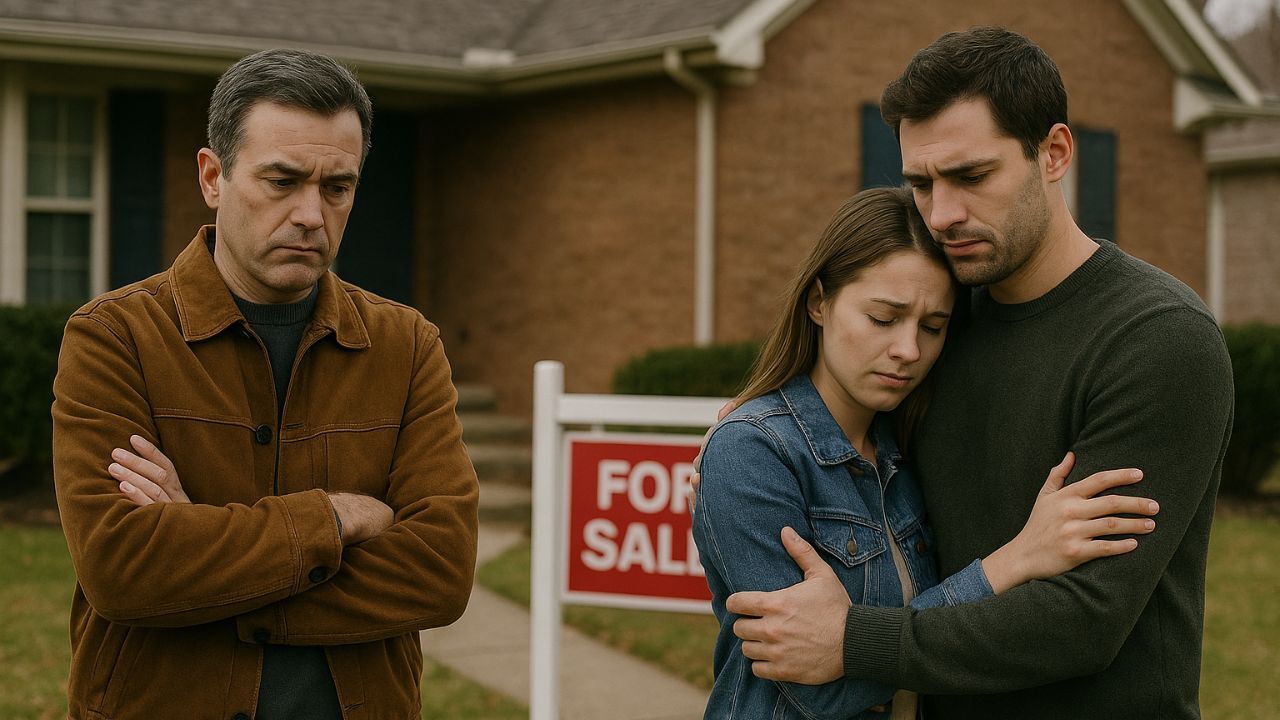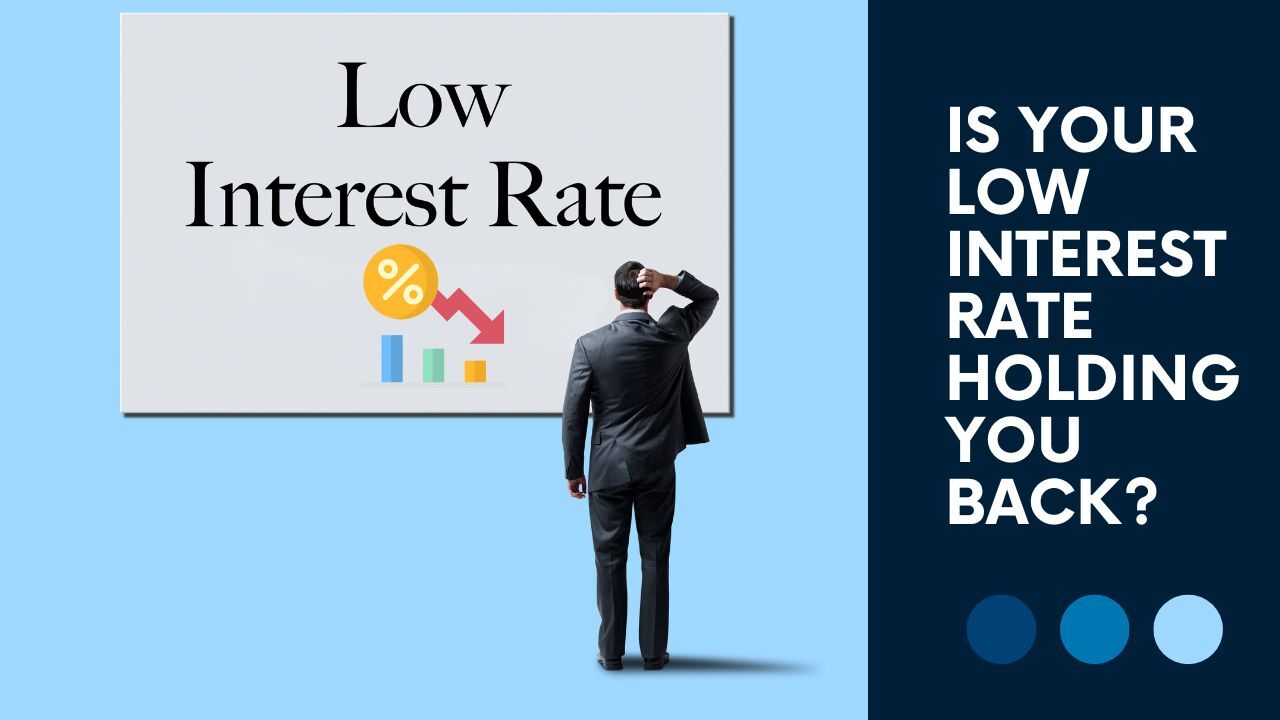 When it comes to selling a home, first impressions matter. Home staging helps potential buyers see beyond your personal style and imagine their own lives inside the space. As real estate agent, we’ve seen how effective staging can be in turning casual lookers into serious buyers. It is not just about decorating — it’s about storytelling — creating a visual experience that allows buyers to connect emotionally with your home.
When it comes to selling a home, first impressions matter. Home staging helps potential buyers see beyond your personal style and imagine their own lives inside the space. As real estate agent, we’ve seen how effective staging can be in turning casual lookers into serious buyers. It is not just about decorating — it’s about storytelling — creating a visual experience that allows buyers to connect emotionally with your home.
The Psychology Behind Staging
Buyers often make emotional decisions when it comes to choosing a home. Staging works because it helps them envision their future in a space that feels welcoming, balanced, and move-in ready. A clean, organized, and beautifully presented home makes it easier for buyers to picture family gatherings, cozy evenings, or even their morning routines. When buyers can imagine themselves living there, they are more likely to make an offer.
Decluttering and Depersonalizing
One of the key elements of staging is removing excess clutter and personal items. Family photos, collections, and personalized décor can distract buyers from seeing the home as their own. Simplifying your spaces allows the property’s features like natural light, layout, and finishes to shine. The goal is to create a neutral canvas that appeals to the widest range of buyers while maintaining a sense of warmth and comfort.
Highlighting Key Spaces
Not every room needs to be staged, but certain areas have the most impact. The living room, kitchen, and primary bedroom are usually top priorities because they are where buyers imagine spending the most time. Strategic furniture placement can make rooms look larger and more functional. Adding a few stylish touches, such as fresh linens, plants, or artwork, can transform a space without major expense.
The Return on Investment
While staging requires some upfront effort, it often leads to faster sales and higher offers. According to industry studies, staged homes spend less time on the market and frequently sell for more than similar unstaged properties. Buyers perceive staged homes as well-maintained and move-in ready, which can justify stronger offers. Even partial staging or virtual staging can make a measurable difference in buyer interest.
Home staging is more than a marketing tactic; it is a proven way to help buyers fall in love with your property. By creating an inviting atmosphere and allowing imagination to take over, you make it easier for them to see not just a house, but their future home.
 Buying a home is an emotional and financial journey, and most buyers expect the process to move smoothly once an offer is accepted. However, there are times when a seller decides to back out of the deal. This situation can be stressful, especially for buyers who have already started preparing for closing. Understanding your rights and the possible outcomes can help you respond calmly and confidently.
Buying a home is an emotional and financial journey, and most buyers expect the process to move smoothly once an offer is accepted. However, there are times when a seller decides to back out of the deal. This situation can be stressful, especially for buyers who have already started preparing for closing. Understanding your rights and the possible outcomes can help you respond calmly and confidently. In today’s real estate market, many homeowners find themselves at a crossroads. They locked in an ultra-low mortgage rate years ago, but now their home no longer fits their lifestyle, family size, or future plans. The thought of giving up that great rate can feel daunting—but is staying in a home that no longer serves you really the best option? The truth is, you don’t have to feel stuck. You have choices that can help you move forward while still making smart financial decisions.
In today’s real estate market, many homeowners find themselves at a crossroads. They locked in an ultra-low mortgage rate years ago, but now their home no longer fits their lifestyle, family size, or future plans. The thought of giving up that great rate can feel daunting—but is staying in a home that no longer serves you really the best option? The truth is, you don’t have to feel stuck. You have choices that can help you move forward while still making smart financial decisions. Selling your home can be an exciting yet daunting process, and one of the most pressing questions you may have is, “What will it cost me?” The total expenses involved in selling a home can fluctuate based on various factors, including the sale price, any concessions you might offer to buyers, and the condition of your property. Understanding these costs upfront can help you plan better and minimize surprises down the road.
Selling your home can be an exciting yet daunting process, and one of the most pressing questions you may have is, “What will it cost me?” The total expenses involved in selling a home can fluctuate based on various factors, including the sale price, any concessions you might offer to buyers, and the condition of your property. Understanding these costs upfront can help you plan better and minimize surprises down the road. Have you ever had a conversation with a total stranger where you said something that you regret? If you are placing your house or condo on the market, you’re eventually going to end up having to chat with potential buyers. Yes, your real estate agent is likely to do most of the talking. However, you will still have to deal with buyers who want to grill you about the home’s history, condition, and more.
Have you ever had a conversation with a total stranger where you said something that you regret? If you are placing your house or condo on the market, you’re eventually going to end up having to chat with potential buyers. Yes, your real estate agent is likely to do most of the talking. However, you will still have to deal with buyers who want to grill you about the home’s history, condition, and more. For many people, putting their home up for sale is an exciting time. With real estate on the rise, there are plenty of opportunities to see financial gains. Unfortunately, even if you’re selling your home, there are still going to be costs involved before ownership is transferred. If you want to be prepared for what to expect, here are some costs to watch out for.
For many people, putting their home up for sale is an exciting time. With real estate on the rise, there are plenty of opportunities to see financial gains. Unfortunately, even if you’re selling your home, there are still going to be costs involved before ownership is transferred. If you want to be prepared for what to expect, here are some costs to watch out for. Are you thinking about selling your home? If so, you may be weighing the pros and cons of working with a professional real estate agent. Let’s take a quick look at three great reasons why you won’t want to handle the sale yourself.
Are you thinking about selling your home? If so, you may be weighing the pros and cons of working with a professional real estate agent. Let’s take a quick look at three great reasons why you won’t want to handle the sale yourself. Most homeowners are so enthusiastic about putting their home on the market and getting the price they’re hoping for that the expenses involved in selling a home are forgotten. However, it’s often said that one has to spend money to make money, and selling a home is no exception! If you’re wondering what kinds of overlooked expenses will cut into your home sale, here are some costs to consider.
Most homeowners are so enthusiastic about putting their home on the market and getting the price they’re hoping for that the expenses involved in selling a home are forgotten. However, it’s often said that one has to spend money to make money, and selling a home is no exception! If you’re wondering what kinds of overlooked expenses will cut into your home sale, here are some costs to consider. Whether you know a little bit about the market or you’ve sold a home before, you may be considering pricing your own home to avoid the assistance of a real estate agent. However, there are a number of benefits associated with consulting an agent when selling your home. Before making a final decision, consider the following tips.
Whether you know a little bit about the market or you’ve sold a home before, you may be considering pricing your own home to avoid the assistance of a real estate agent. However, there are a number of benefits associated with consulting an agent when selling your home. Before making a final decision, consider the following tips. Small backyards are not the detriment that sellers seem to worry about. By putting in some work, any homeowner should be able to turn the smallest backyard into a selling feature by highlighting its assets.
Small backyards are not the detriment that sellers seem to worry about. By putting in some work, any homeowner should be able to turn the smallest backyard into a selling feature by highlighting its assets.